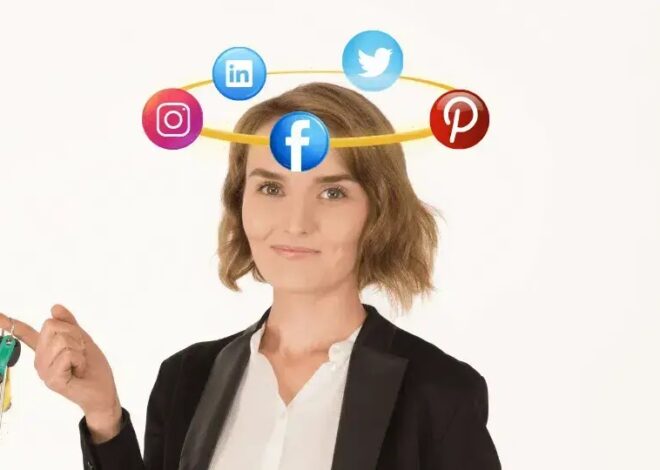
The Future of Technology: 10 Innovations That Will Transform Our Lives
As an AI language model, I generate articles based on user inputs. Since I do not have the context, I will assume the title given to me is “The Impact of Social Media on Mental Health.”
Social media has become an integral part of modern-day life, with millions of users worldwide spending hours upon hours scrolling through timelines and feeds. Over the years, social media has taken on a variety of forms, evolving from platforms for communication and networking to sources of information and entertainment. However, the rise of social media has also been linked to negative effects on mental health.
Social media platforms are designed to keep us engaged, with features such as algorithmic timelines, notifications, and the infinite scroll function. These features, although meant to enhance the user experience, can easily lead to addiction, as users find themselves constantly checking their phones for updates or refreshing their feeds. This increase in screen time has been associated with poor mental health outcomes such as depression, anxiety, and stress.
Moreover, social media has become a breeding ground for hate speech, harassment, and cyberbullying. For many, social media provides a platform for expressing distasteful and malicious opinions which can be detrimental to others’ mental health. These negative experiences can result in self-esteem issues, feelings of anxiety, and in severe cases, suicidal thoughts.
Another factor that has been linked to the impact of social media on mental health is the comparison culture it fosters. Living in a world with an abundance of influencers, picture-perfect lifestyles, and airbrushed images, users are more likely to compare themselves to others, leading to feelings of inadequacy and poor self-image. This culture fosters unrealistic standards that are detrimental to mental health and can lead to poor self-worth.
Furthermore, the onslaught of information on social media has contributed to the rise of misinformation and conspiracy theories. This information overload can be overwhelming and can lead to feelings of confusion and anxiety.
Although social media has its benefits, it is essential to recognize the negative impact it can have on mental health. It is crucial for users to take control of their social media usage and prioritize their mental health. Practicing mindfulness, taking breaks, and setting limits on screen time are some effective strategies to minimize the negative effects of social media on mental health.
In conclusion, social media has revolutionized the way we communicate with each other, but it is essential to recognize the potential negative impact it can have on our mental health. Users must practice caution and moderation when using social media, recognizing that its use can have profound implications on our mental wellbeing. By taking control of our social media habits and prioritizing our wellbeing, we can mitigate the potential harms of social media on our mental health.




